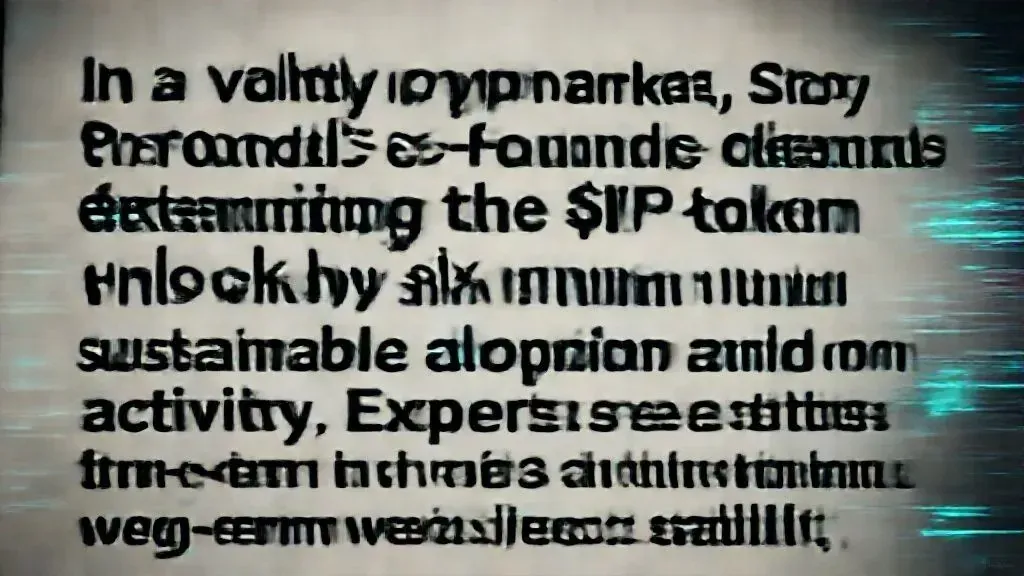
Self-custody has long been a foundational principle of crypto ownership, empowering users to control their assets without reliance on third parties.
However, the widely adopted seed phrase system, introduced as an improvement over managing private keys, is increasingly recognized as a liability rather than a secure solution.
While seed phrases simplify access and transferability of funds, they fundamentally shift risk onto the user, exposing them to theft, human error, or loss.
As bitcoin and other cryptocurrencies mature, the security measures built around seed phrases are showing their limitations, especially given the potential for catastrophic loss if the phrase falls into the wrong hands.
Bitcoin Improvement Proposal-39 (BIP-39) enabled users to convert complex private keys into memorable words, but this convenience comes with its own dangers.
Relying on seed phrases means trusting that these simple words will remain safe—yet most users resort to archaic methods like burying them or hiding them in insecure locations.
This approach resembles keeping cash at home during a bank run: risky and outdated for space-age assets.
Despite being an essential tool for users to recover wallets or transfer funds, seed phrases inherently create a single point of failure.
As one industry observer notes, “a seed phrase lets anyone who sees it even briefly do that, too,” emphasizing its nuclear potential for security breaches.
The idea that self-custody is an object—like a seed phrase—is flawed; true self-custody is a capability that requires robust security measures beyond simple backups.
Moving forward, the industry must innovate beyond seed phrases to ensure safer custody solutions that match the sophistication of modern crypto markets.
As the article highlights, “seed phrases are a lot more liability than they are capability,” underscoring the need for advanced security protocols tailored to space-age digital assets.
Ultimately, understanding the real risks associated with seed phrases is vital for anyone holding or managing crypto assets today.
With evolving threats and technological advancements, relying solely on traditional seed phrase backups leaves users vulnerable in a rapidly changing landscape.


